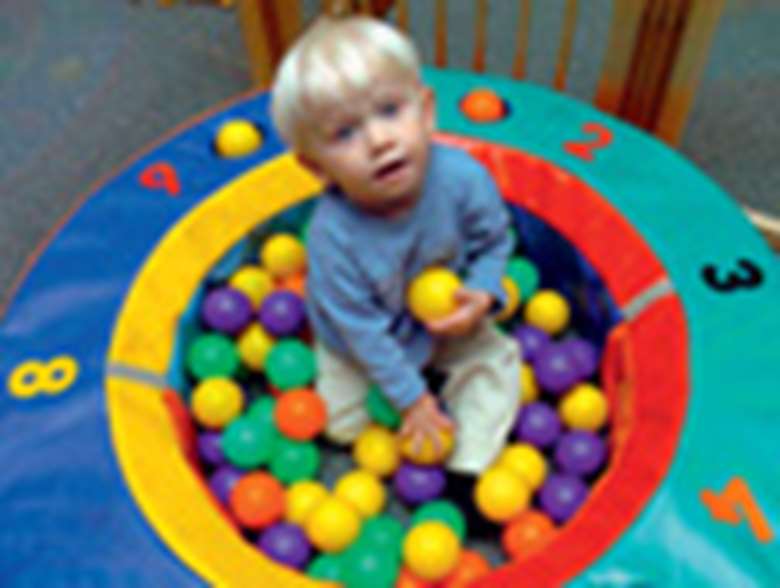Early Years - True impact of children's centres under scrutiny
Tuesday, September 8, 2009
An inquiry is looking into the success of the children's centres programme. Ross Watson reports.

Just how effective has the government's Sure Start children's centres programme been? The Children, Schools and Families Select Committee has launched an inquiry to tackle this perennial but fundamental question. Professionals have one month left to respond.
Committee chairman Barry Sheerman says that after more than 11 years in operation the centres should be able to demonstrate some tangible outcomes.
Specifically, the inquiry is looking to gauge how well children's centres are responding to deprivation in England, and how well they are helping to promote early childhood development. The inquiry will also examine the sustainability of centres - anxiety is rife in some areas since funding for children's centres will no longer be ringfenced from 2010.
Nevertheless, in its international comparison of spending on children, last week's report from the Organisation for Economic Co-operation and Development singled out the UK for boosting investment in younger children in recent years. "The government has done well in investing a lot of money into early years," acknowledges Sheerman. "But the question mark still hangs over how effective this has been."
Early returns
For some local authorities, the impact is already indisputable. Charles Barnard, head of early years at the London Borough of Ealing, says educational attainment among under-fives is improving. He believes Ealing's children's centres are leading the way on joint working. "We have a whole range of preventative work that Sure Start resourcing has allowed us to offer." He cites a range of provision available at centres to meet children's speech, language and communication needs.
Although local authorities have until next March to have their full complement of centres in place, Blackburn with Darwen became the first to reach this milestone, a year ahead of deadline. Deborah Gornik, head of service for early years excellence at the council, is convinced its centres are making a big difference.
But she is concerned that, while centres might be responding well to deprived families, they are not actively seeking them out. "We find families who move between authorities and there is still room for them to be missed," warns Gornik. "That includes refugees, asylum seekers, migrant families, and Gypsy, Roma and Traveller families."
Dwynwen Stepien, director of the National Children's Bureau's early childhood unit, puts this weakness down to professionals lacking the necessary skills to engage with all parents. She believes the time is right to debate why this is. "We want professionals to question why, after significant investment in parent services, we are still not reaching all who could benefit from services," she says. "This is more than just a question for children's centres but one for the whole workforce."
Others revert to the familiar line that the children's centres programme is long term and needs to be given time to deliver on all its aims. "When parents choose to engage may not be within the timescales that we expect, and need, to meet short-term targets," says early years consultant James Hempsall. "We should beware of short-term targets in a long-term strategy of change."
He says the strategy was always ambitious, and that it aimed to expand the targeted services of the original Sure Start programme without a matched increase in resources.
But, with more than 3,000 centres now up and running across England, fears prevail that funding will not meet the programme's aspirations. "For us now the concern is that money will be spread too thinly," reveals John Fowler, director at Sheerness Children and Families Centre, an original Sure Start centre serving an area of high deprivation in Kent. "We need to be more realistic about what we can achieve and recognise that areas of deprivation need more resources than the rest."
A Department for Children, Schools and Families spokeswoman says: "The government has always been clear that the greatest resource should go where there is greatest need. Current guidance reflects this."
REMIT OF THE INQUIRY
- Whether children's centres promote early childhood development and are an effective response to deprivation
- How models of children's centres have developed as the programme has spread from the most deprived neighbourhoods
- The range and effectiveness of services
- Funding, sustainability and value for money
- Staffing, governance, management and strategic planning
- How well children's centres work with other partners and services, especially schools and health services
- Whether services are being accessed by those most in need and how effective they are for the most vulnerable
Responses are due by 12 October.




